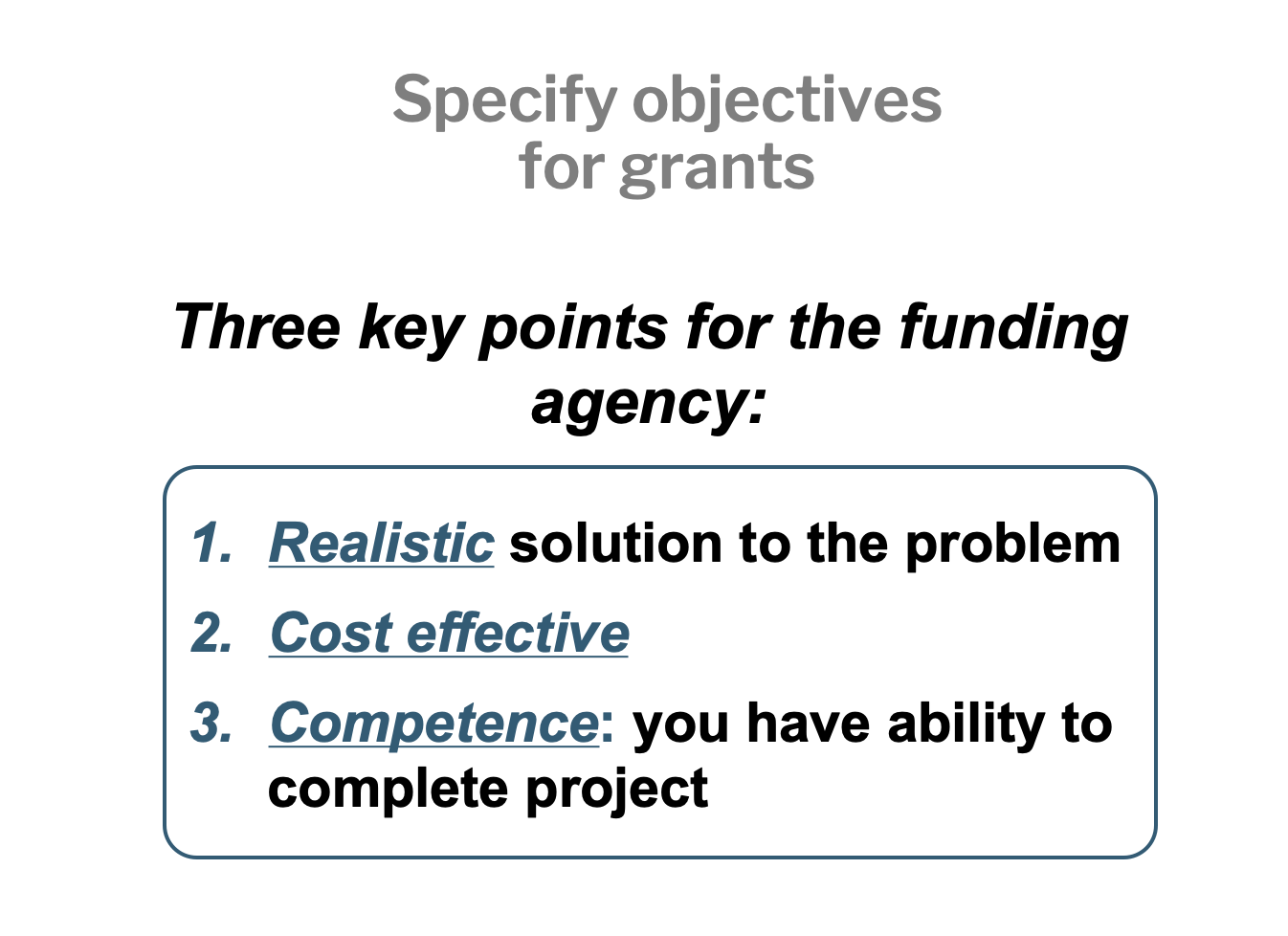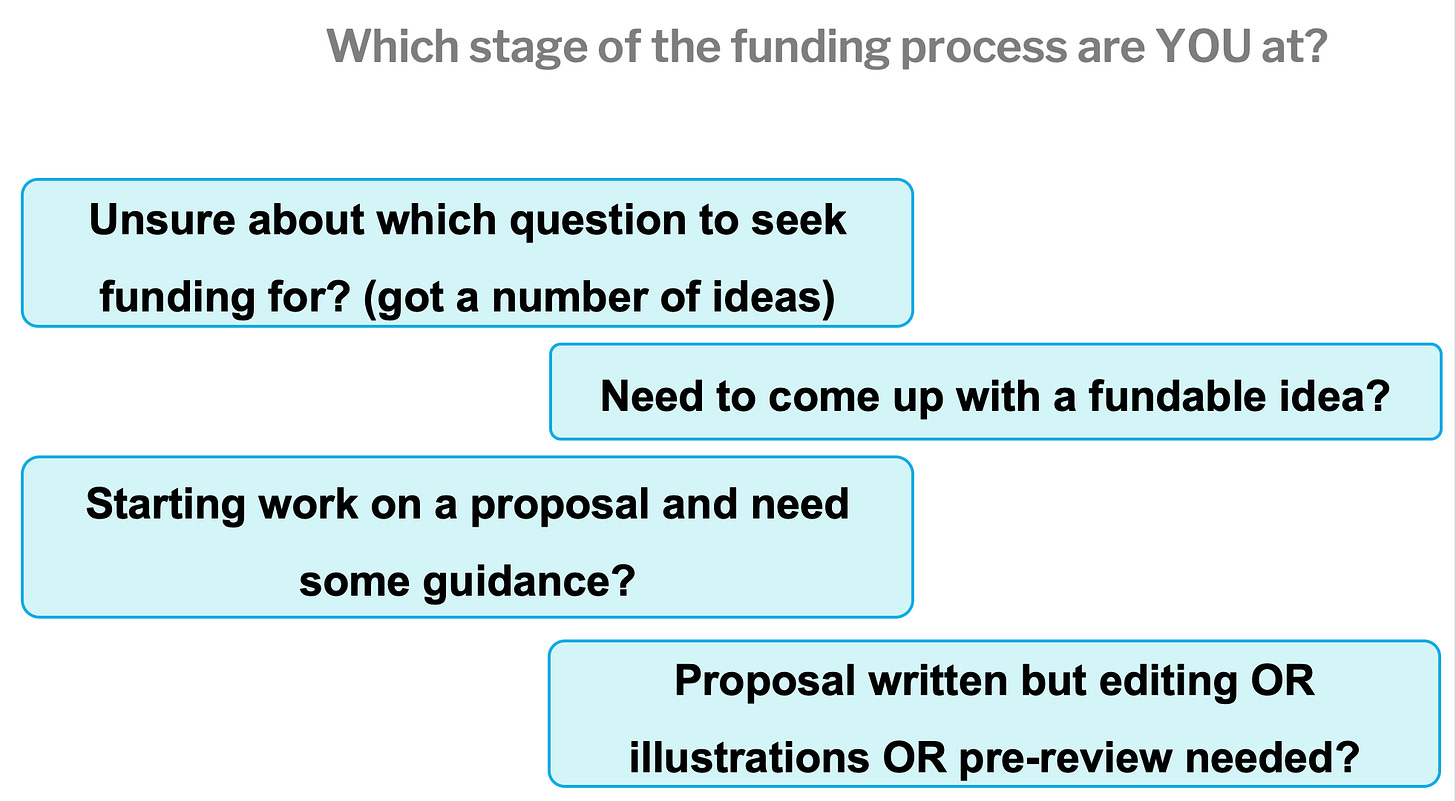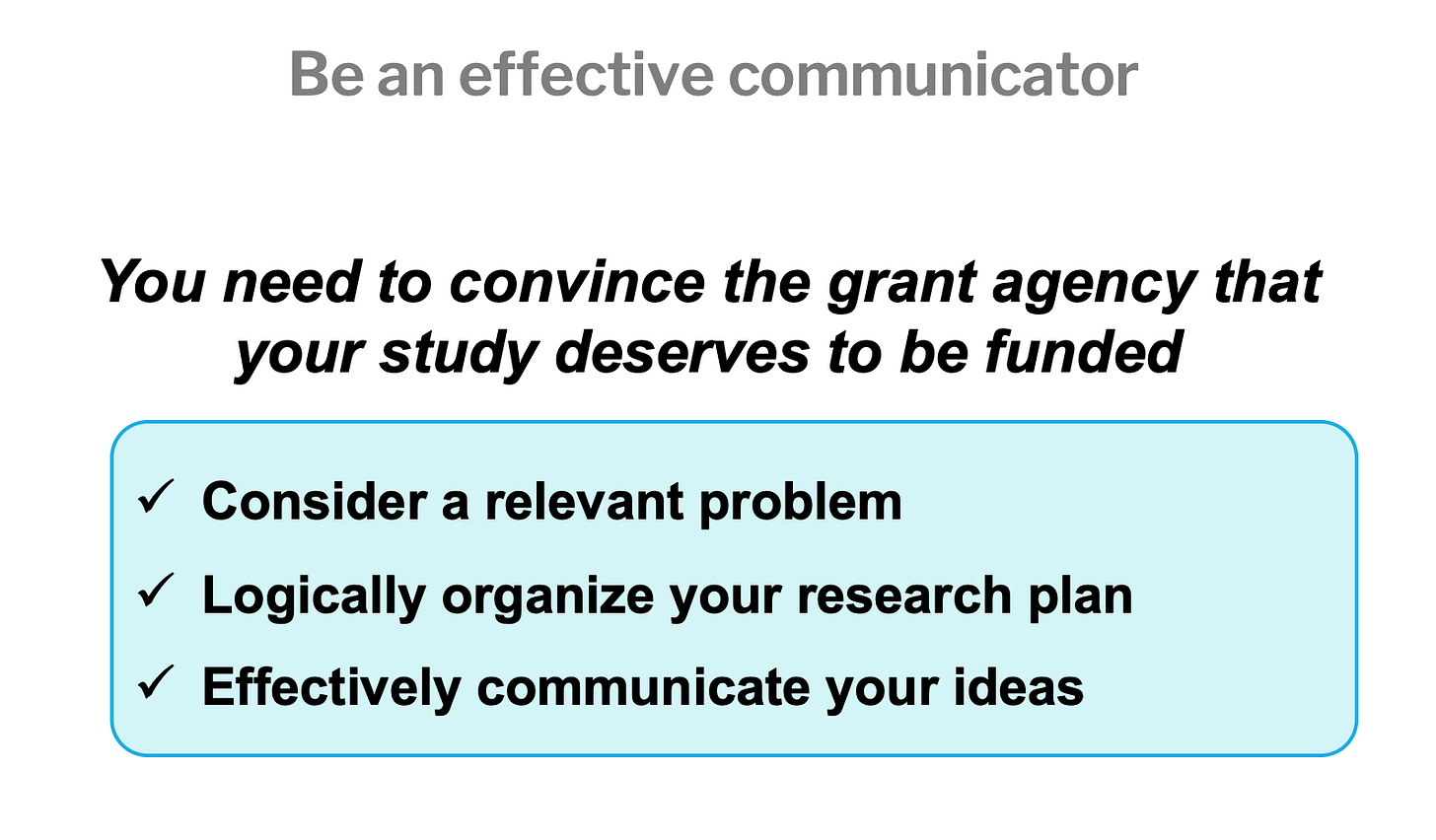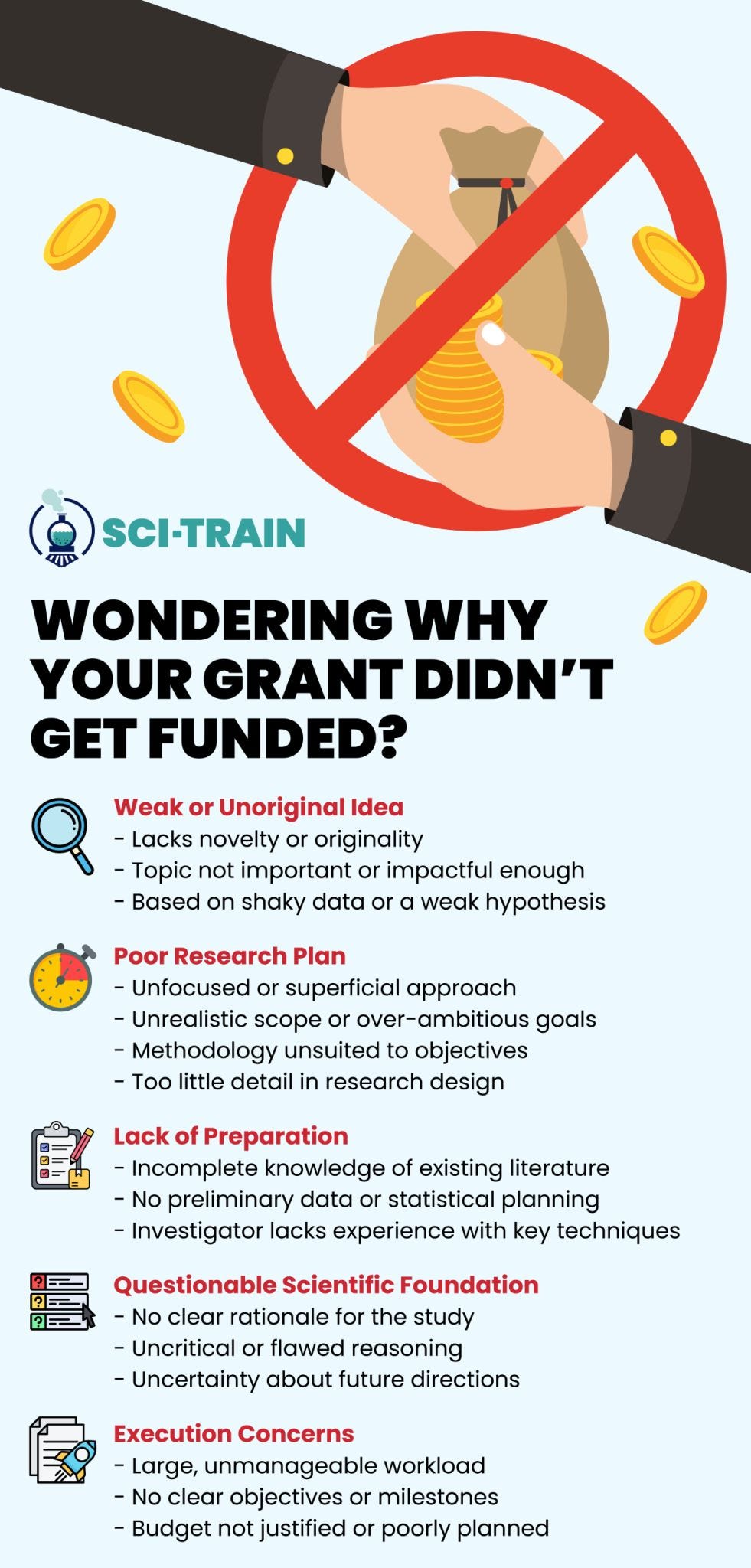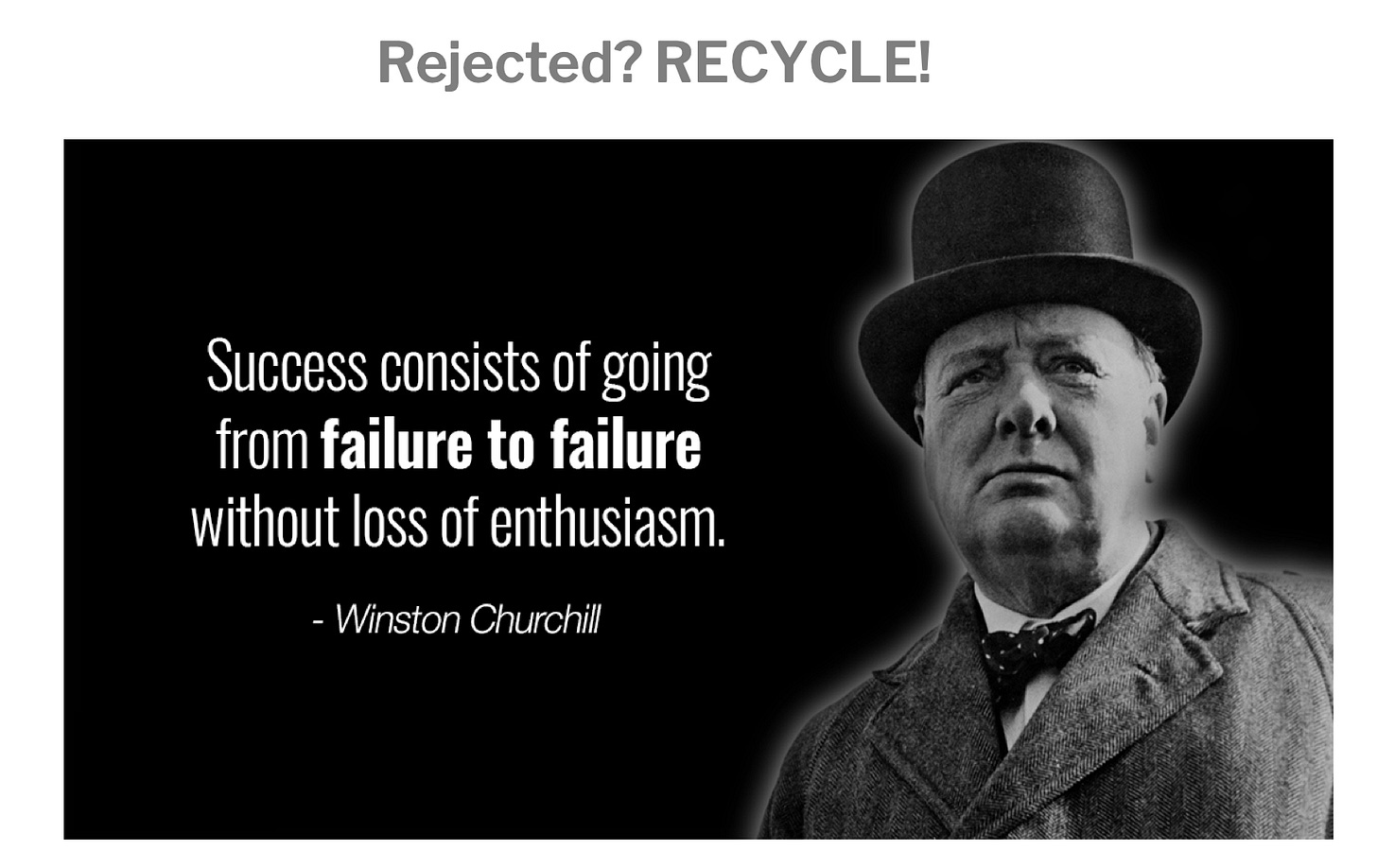Writing a WINNING Grant Application! Tips and Tricks for Success
Money, Money, Money .... All you NEED is Money: For your Research. But: How to win some? Writing grants is a KEY SKILL ...
Winning funding is a critical step of any research project, often the critical step. Teams cannot be built, projects initiated, and data collected without grant funding to support research; writing and winning funding application is a key component of any successful academic career. Indeed, your route to employment, tenure, and promotion likely depends on writing successful grant applications.
In addition to readable, clear language, here are some tips to bear in mind when putting together a hopefully successful grant application.
· Study the funding agency guidelines.
· What is the scope for funding?
· What are the questions asked in the proposal?
· And, most important of all, does your proposed research fit within the remit of the funding action you are applying to?
Often one of the first questions a grant proposal reviewer will be asked is: does this proposed research fit within the funding mandate. Make sure you have answers for all questions in the proposal as you put your application together.
European Union funding applications ask lots of generic questions about the scope and impact of your research and the composition of your research team.
The aim of this post is to get you started and help you to identify suitable funding agencies for your work and assemble an excellent proposal.
· What is the one key question that your research aims to address? Why is this question important?
· Can you summarize this research using a diagram or figure in order to make the approach, data to be collected, and outcomes easily understandable to a reviewer who is very likely to be from outside of your research field?
This is one of the key differences between writing research papers and writing grant applications: research articles will be peer reviewed by colleagues in the field who at least have some idea about the contents of your paper. This is not always the case for grant applications: They might be reviewed and assessed for funding by people who are not subject area specialists. Make sure that your message(s) and proposed method(s) are easy to understand and straightforward.
What’s the best piece of advice I can give to ensure that a funding application you write has the best chance of success? Get your hands on a proposal that was recently funded by the same agency. This will allow you to easily see both the shape and content of a successful application. The kinds of things that should, and should not, be included.
Tips for Grant Writing
(1) Before you write: what do you need to know in order to prepare before you write the application:
-The deadline: when is it and have you left enough time? Do you need paperwork? Partners?
-The call: who is your audience?
-The parameters: What’s the indicative time-line and budget? Should you go high or low?
-The need: How do you identify the key question your research project will address and illustrate why this is important?
-The innovation: What’s new and exciting? Is your proposal ‘business as usual’ or a ‘step away’? Will you continue with your current research or do something different?
(2) Tips for proposal writing. The videos below demonstrate how to write effective, logical and persuasive applications by introducing the problem, outlining why solutions to the problem are needed, stating how the problem will be addressed/work achieved, and discussing the importance and application of your results. This will include:
-How to show reviewers you are passionate about your research.
-Ideas to effectively communicate the message of your research to assessors.
-A picture is worth a thousand words: How to effectively illustrate a proposal.
-How to plan and run your funded project.
-Your team: who do you need to complete the project on time? An appropriate and well-justified budget could include discussion of team members, equipment, any travel (perhaps to conferences), publication fees and article-processing costs, as well as any ‘consumables’ such as chemicals or stationary.
(3) After the proposal is written, how to carry out thorough checks before it is submitted e.g. analysis of the criteria, and testing your draft against how the proposal will be assessed.



